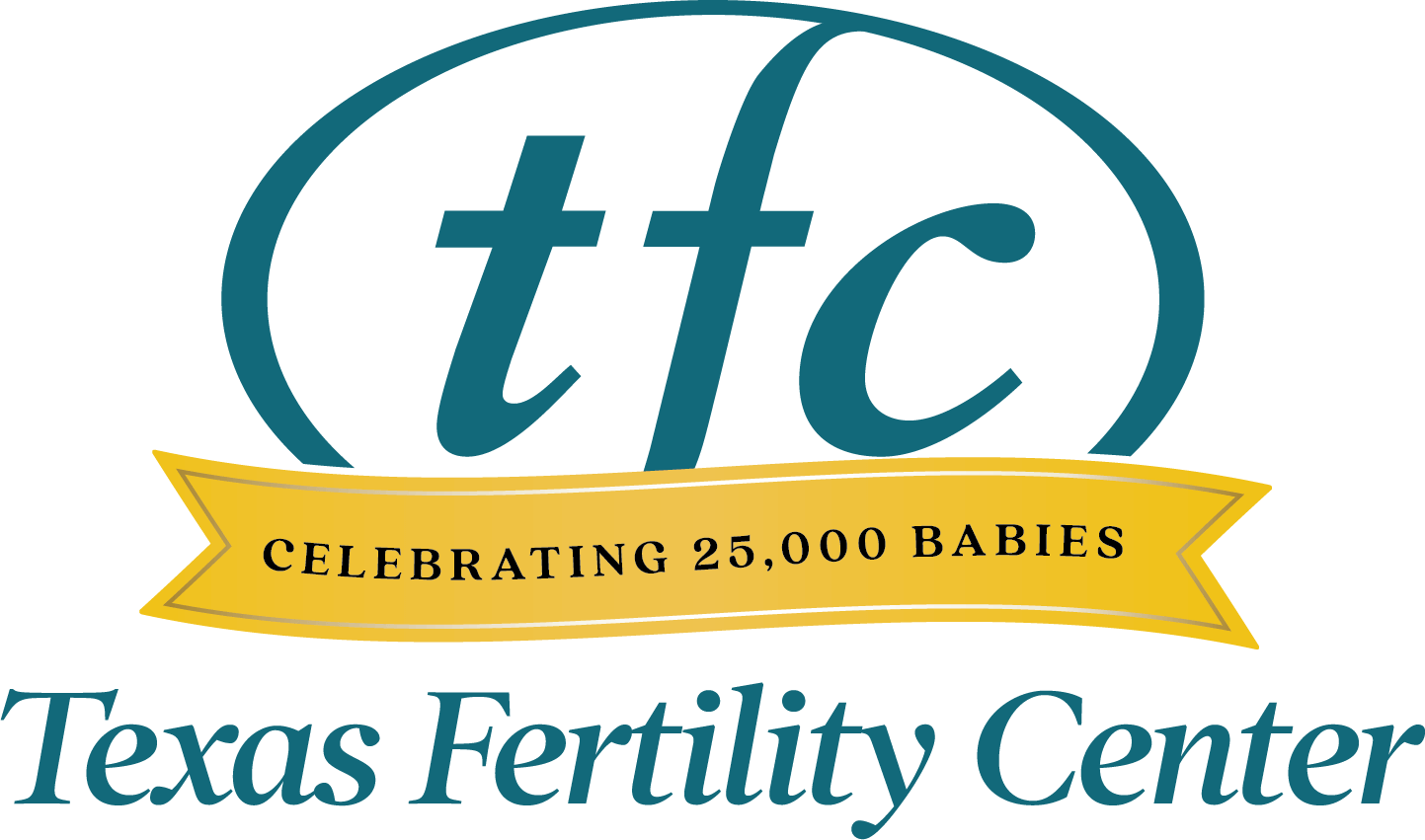
In vitro fertilization, or IVF, can restore the hope of having a baby
When exploring their fertility treatment options, most patients encounter information about IVF. In vitro fertilization is a highly advanced fertility treatment that can help overcome many causes of infertility. Texas Fertility Center consistently produces some of the highest pregnancy rates in the country. Women and men can gain access to this family-building tool when they partner with Susan Hudson MD and our Corpus Christi fertility center.
How the IVF process works at Texas Fertility Center
Dr. Hudson will perform diagnostic testing and take a medical history before making any treatment recommendations. However, IVF can be a good option in the following situations.
- Age-related female infertility (over age 35)
- Blocked or missing fallopian tubes
- Endometriosis
- Male infertility
- Multiple failed cycles
- Recurrent miscarriage
Once you and Dr. Hudson decide that in vitro fertilization is the best option for you, the process can begin at our Corpus Christi fertility center.
- Ovulation induction. The female patient will take gonadotrophins (injectable fertility medications). Doing so will stimulate the growth and maturation of multiple eggs. Dr. Hudson will provide regular ultrasound and bloodwork monitoring during this time.
- Egg retrieval. When the eggs are mature, Dr. Hudson will order a trigger shot. About 36 hours later, the female patient will come to her egg retrieval appointment. This is a short outpatient procedure that involves light sedation for the patient.
- Fertilization. The embryologists in the lab will combine the retrieved eggs with sperm from the male patient or a sperm donor. They will then watch for signs of fertilization. Preimplantation genetic testing (PGT) can occur when the resulting embryos are a few days old.
- Embryo transfer. Once the female patient has had time to recover from ovulation induction and egg retrieval, Dr. Hudson will transfer a single healthy embryo to the uterus. Dr. Hudson will then monitor the woman for pregnancy.
If an IVF cycle produces multiple healthy embryos, our embryologists can freeze the remaining embryos for future pregnancy attempts. This can help reduce the cost of future cycles.
In vitro fertilization can include genetic testing
Before beginning fertility treatments, our Corpus Christi fertility center team recommends preconception genetic testing. This testing can determine whether you or your partner carry any inheritable genetic illnesses. If testing does reveal any genetic illnesses, preimplantation genetic testing for monogenic or single-gene defects (PGT-M) can help. It can identify which of your embryos are healthy, which have the illness, and which are carriers. Dr. Hudson would generally only transfer the healthy embryos.
To increase your odds of success, you can also add preimplantation genetic testing for aneuploidy (PGT-A) to an in vitro fertilization cycle. This test can identify any embryos that contain chromosomal abnormalities (aneuploidy). Dr. Hudson would not transfer these embryos because they will likely result in cycle failure, miscarriage or birth defects.
If you have questions about IVF or genetic testing, contact us to schedule an appointment. Dr. Hudson would be happy to discuss your treatment options.



